It took generations of trial and error for the most iconic viticulture areas to settle into and establish their standards. Our region is still in this formational process — and that is the fun part for us.
Our goal is to experiment and educate
We work with small growers with less than 40 total vines to larger growers with 30 acres; from completely organic to the conventionally farmed.
Through growing transparency we hope to promote responsible planting decisions to establish suitable grape varietals, efficient growing systems, consistent yields, economic viability, and limit or eliminate excessive sprays and additions.
“It’s harder than you’d think to make wine and not feel a constant need to intervene.”
— Chris, Winemaker
minimal intervention winemaking
Minimal intervention winemaking is to produce wine by limiting interference as much as possible. In this process the goal is to facilitate quality wine outcomes without any alterations to the grapes, juice, or wine. This approach, paradoxically, includes a lot of hands-on time with the grapes, juice and during fermentation.
Ultimately, we believe in balance. By limiting our use of certain modern winemaking tools, we’re looking for transparency in quality wine. There is a way to integrate science and technology without using them as a crutch or creating soulless wines. We check basic chemistry of a grape to help understand what may become of the wine. We will co-ferment grapes and blend juices if the chemistry indicates the result will make a more balanced wine, without having to add acid, sugar, or anything else.
All of our wines are given the chance to use native yeast and bacteria present on the grapes to ferment. This method leaves us vulnerable to several winemaking issues, but experience continues to help us make educated decisions and familiarize ourselves with thresholds of acceptability for winemaking decisions. In tough years where the grapes come in with issues that would lead to unsellable wine we will open doors to some modern winemaking practices like pitching yeast or using sulfur to stop spoilage early, and work with the farmer to diagnose and remedy the issue through growing practices if possible.
Similarly to our vineyard approach, we do not expect to have it all figured out in the winery from the very beginning. We see errors, hurdles, and experimentation as important earned knowledge for driving us forward. We encourage a collaborative approach that allows all growers and winemakers to achieve their goals. Transparency and honesty is our greatest gift for the grape growing and winemaking future of our region.


